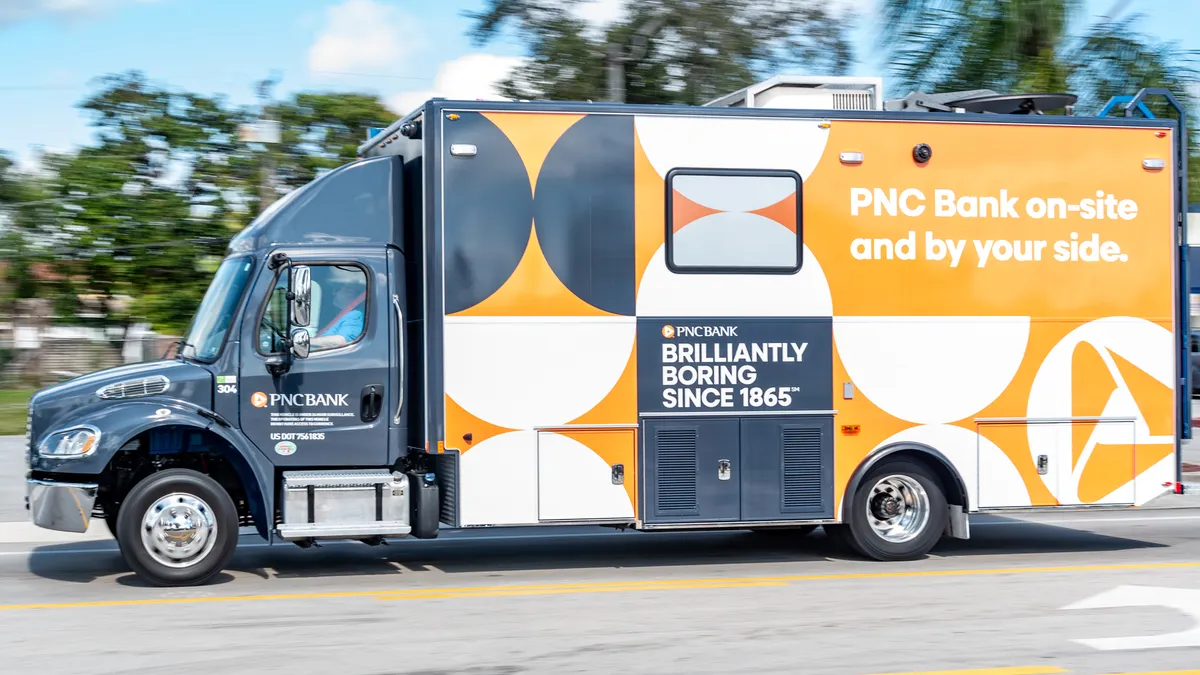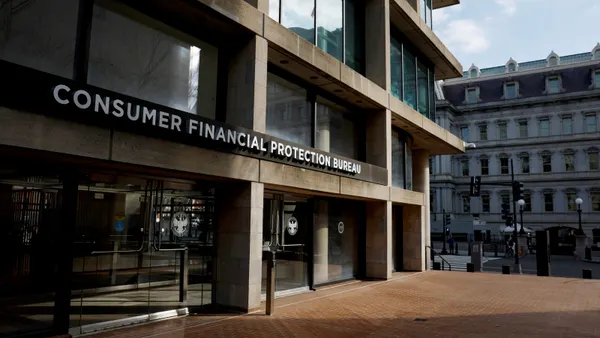The Federal Reserve cited digital bank Jiko last week over “significant deficiencies” the San Francisco Fed found in capital planning, cash flow, liquidity, strategic planning and earnings — particularly at the institution’s holding company — during an October 2023 supervisory inspection.
The Fed is requiring Jiko, within 60 days, to submit a written plan detailing how the bank’s board will effectively control and supervise its financial condition. That includes measures to strengthen risk oversight and improve the “quality, accuracy, comprehensiveness and granularity” of the data it includes in financial reports, the central bank said.
Jiko also must, within 30 days, write a plan establishing short- and long-term goals meant to improve the company’s condition, as well as detail how the board and senior management intend to achieve them, according to the order.
In the same time frame, Jiko must submit a liquidity risk management plan that includes steps the bank will take to diversify its funding sources, details enhanced liquidity stress test scenarios and pledges periodic independent review and evaluation of each part of its liquidity risk management process.
Jiko also must, within 30 days, submit a written plan on how it aims to maintain sufficient capital. That will include a detailed description of how the bank assesses capital adequacy and a discussion of any expected changes to Jiko’s business plan that would have a material impact on the bank’s capital adequacy or liquidity.
The Fed also ordered the bank, within a month, to detail its cash flow projection for the year and give updates, broken down by quarter, to the central bank, by Jan. 31 of each year the order is in effect.
Jiko also must make a new contingency funding plan within 30 days that includes adverse scenario planning, the Fed said.
The Fed barred Jiko from paying dividends, buying back shares or making capital distributions without the regulators’ approval. The bank also must not incur, increase, prepay or guarantee any debt without the Fed’s go-ahead.
Jiko must notify the Fed, too, if its capital ratios fall below approved minimum requirements and detail the steps it will take to increase those ratios in that case.
Since the October inspection, Jiko has raised additional capital and reduced expenses to address the deficiencies, the Fed said.
California-based Jiko, co-founded by former Goldman Sachs trader Stephane Lintner, bought Minnesota-based Mid-Central Federal Savings Bank in 2020 for an undisclosed sum as the bank transitioned to a national charter.
The fintech then pivoted from a consumer-focused model and accelerated its business-to-business strategy.
Lintner told Banking Dive in 2021 that banking-as-a-service was a vision the startup had “early in its DNA.”
BaaS — particularly third-party relationships — has seen mounting pushback this year in the form of enforcement actions from the Fed and the Federal Deposit Insurance Corp.
Unique in Jiko’s model is that the fintech’s platform replaces bank deposits with government-backed Treasury bills, which can be spent in real time by customers via debit transactions. The company’s debit card rewards program passes the interchange income back to the customer in the form of 1% cash back on qualifying purchases, Lintner said in 2021.
And Jiko has taken that model to a grand scale — processing a $4.7 million debit card transaction, for example, while using its 1% cash-back rewards program. The transaction, a tax payment to the IRS made with a Jiko debit card, resulted in $47,000 cash back to the customer, deposited directly into the customer’s account.














